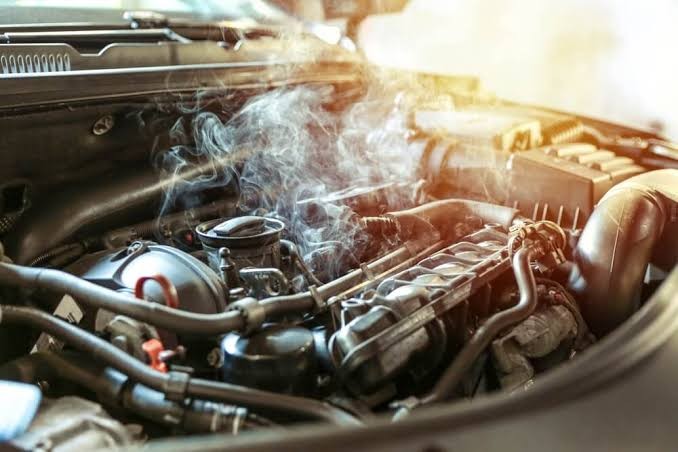Learn about the causes of engine overheating in modern cars and discover effective solutions to keep your engine cool and running smoothly. Ensure your car's longevity with proper maintenance.
Engine overheating is a common issue that many modern car owners may encounter. It is a serious problem that requires immediate attention to prevent potential damage to the engine and costly repairs. In this comprehensive article, we will explore the various causes of engine overheating in modern cars and provide practical solutions to address this issue effectively. Let's delve into the details and understand how to keep our engines cool and running smoothly.
Causes of Engine Overheating:
Cooling System Leaks:
Coolant leaks are a primary cause of engine overheating. Leaks can occur in various components of the cooling system, such as the radiator, hoses, water pump, and even the coolant reservoir. A loss of coolant can lead to insufficient heat dissipation, resulting in elevated engine temperatures.
Faulty Thermostat:
A malfunctioning thermostat can cause the engine to overheat. The thermostat regulates the flow of coolant through the engine, and if it gets stuck in the closed position, the coolant cannot circulate properly, leading to overheating.
Cooling Fan Failure:
Modern cars have electric cooling fans that help dissipate heat from the radiator. If the cooling fan malfunctions or fails, it can result in insufficient cooling, especially during low-speed driving or idling.
Clogged Radiator:
A clogged radiator can impede the flow of coolant and obstruct the heat transfer process. Accumulated debris, dirt, and corrosion can reduce the radiator's efficiency, leading to engine overheating.
Broken Water Pump:
The water pump is responsible for circulating coolant throughout the cooling system. A damaged or worn-out water pump can fail to move coolant efficiently, causing the engine to overheat.
Serpentine Belt Issues:
The serpentine belt drives various engine components, including the water pump and cooling fan. A loose or damaged belt can disrupt the functioning of these components, leading to engine overheating.
Solutions for Engine Overheating:
Regular Maintenance:
Routine maintenance is crucial for preventing engine overheating. Regularly inspect the cooling system, including hoses, radiator, and water pump, to detect and repair any leaks or damage.
Coolant Flush:
Periodically flushing and replacing the coolant is essential for maintaining the cooling system's efficiency. Old or contaminated coolant can lead to engine overheating and corrosion.
Thermostat Replacement:
If the thermostat is faulty or stuck closed, replacing it can restore proper coolant flow and prevent overheating issues.
Cooling Fan Inspection:
Ensure the cooling fan is functioning correctly by checking its operation during idling or low-speed driving. Replace any malfunctioning cooling fan to avoid engine overheating.
Radiator Cleaning:
Regularly clean the radiator from debris and dirt to maintain its cooling capacity and prevent clogging.
Water Pump Inspection:
Have the water pump checked during routine maintenance to ensure it is in good working condition. Replace a faulty water pump promptly.
Conclusion:
Engine overheating is a serious concern for modern car owners, but it can be effectively prevented with regular maintenance and timely repairs. By addressing the causes of engine overheating, such as cooling system leaks, faulty thermostat, cooling fan failure, clogged radiator, broken water pump, and serpentine belt issues, you can keep your engine cool and prolong its lifespan. Regularly inspecting and maintaining your car's cooling system will help you avoid the headaches and expenses associated with engine overheating. Remember, prevention is the key to a smoothly running and efficient engine.

Comments (0)
Please login to join the discussion
Be the first to comment on this article!
Share your thoughts and start the discussion